
26 minute read
Profile of a Fly Fisherman: Tarquin Millington-Drake
Profile of a Fly Fisherman: Tarquin Millington-Drake
Tarquin Millington-Drake is not only one of the most recognisable figures in international fly fishing travel, but also a passionate and deeply thoughtful angler whose journey spans continents and decades. As CEO of Frontiers Europe since 1993, his life has been shaped by wild rivers, elusive fish, and the many people who share his love of the sport. Born in Australia and now based in the UK, Tarquin brings a rare blend of adventure, reflection, and professionalism to everything he does—whether guiding clients to pristine waters or chasing Atlantic salmon in the remote reaches of Iceland and Norway.

How did you get started fly fishing and why?
I started fishing as soon as I could stand up. It all began with a net on the upper Thames at the age of about 4. Soon, I was crumbling bread to entice bleak and dace to enter my net. Next were pike and chub until I realised I could catch chub on a dry fly. Being used to spinning gear I did not really know what a fly rod was or how to use one and there was nobody about to teach me how to use the old fiberglass rod hanging about in the garden shed at home. I taught myself by lying the rod on the ground and stretching the line behind it. I would pick up the rod leaving the tip on the ground and then, slowly at first, launch the cast out across the river. This was highly effective for first ever casts! Then I learned to keep the line in the air and the rest is history as they say. Trout followed, then salmon and now no end of species in many different countries.

What is it about fly fishing, specifically, that fascinates you?
Freedom of mind and spirit! When fishing, the mind is clear, devoid of all else because of the focus on the matter at hand. Opportunities to travel, see remote wildernesses, and time with wonderful people who share the same passions. It is a connection with nature both in relation to the fish and the wildlife that live on the rivers or flats one fishes. I do not fish for the fight of the fish but the take – the take is the ultimate achievement… the connection.

What characterizes your most special and memorable moments in fly fishing?
I have had great battles with mighty fish all over the world. My first 40lbs salmon is a case in point, it took an hour and 35 minutes, and we followed it for 2.5 kilometres! I remember getting onto the bank for the first time thinking this was the beginning of the end and the fish began to go again, I nearly cried wondering if it was ever going to end!
My first one metre GT hooked on my own, that was interesting! My 26lbs payara in Colombia jumping around the river like a marlin. The list goes on and on. But the very best moments are with special people, in my case many clients.
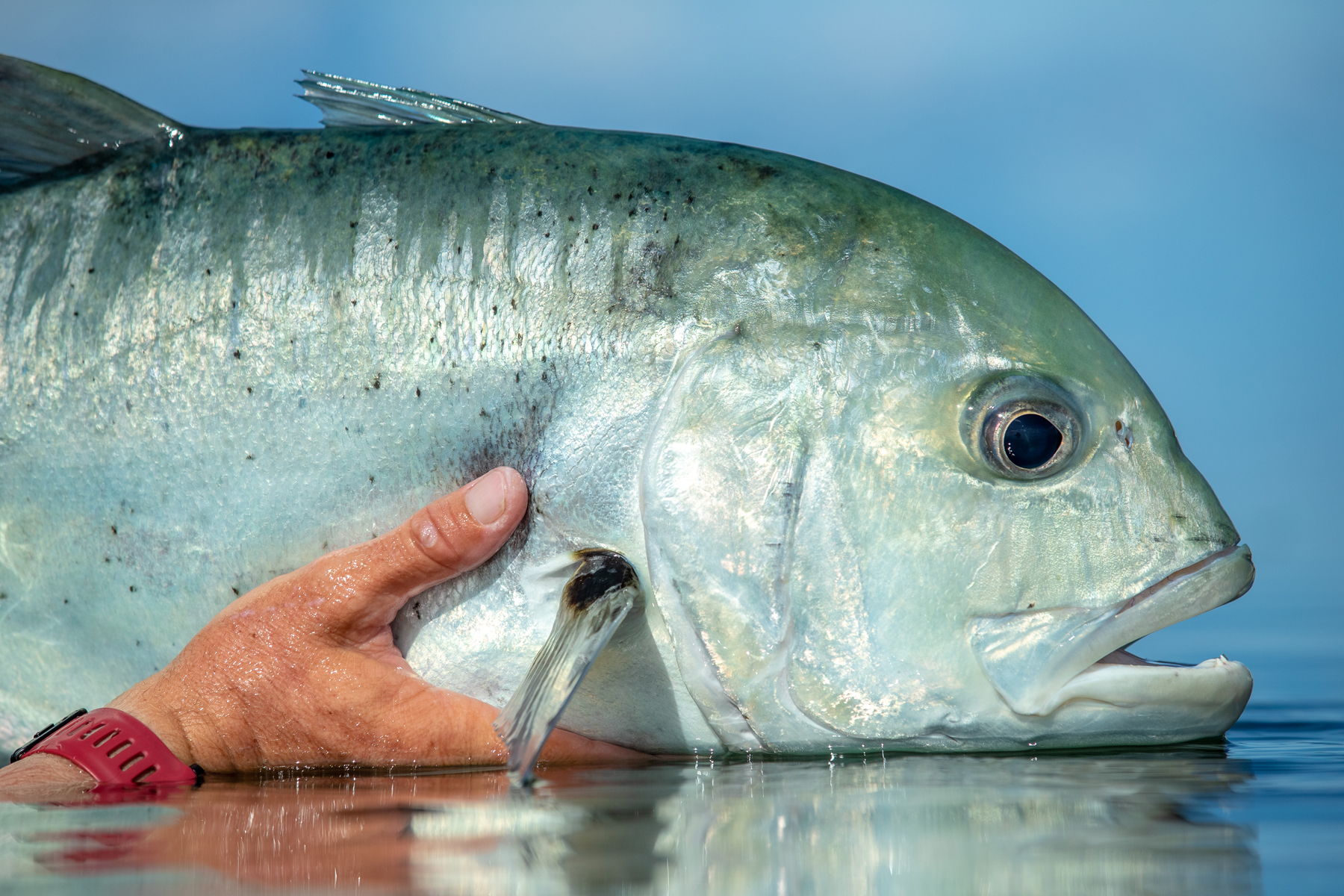

As someone who did 22 years fishing entirely alone on the Sela (which were utterly amazing years on the greatest river in Iceland by a million miles) there were immeasurable moments when I wished I was sharing what I was witnessing with someone.
The great battles with huge salmon on Alta were shared with my boatmen with whom I have enjoyed countless hours on the river for over 30 years, my life often entirely in their hands as we tumbled down rapids attached to mighty salmon. Two brothers, slightly younger than me, from a family deeply entrenched in Alta history with 150 years of experience on the river.
On the client-side legends like Howard Strowman, Paul Dresher, Roy Flury, David Hoare, Bo Ivanovic and Tony Cooper come to mind, all very different but each legends in their own way in terms of their attitude towards their fishing. Except for Roy Flury, who wrote the three history books about the Alta (Alta – The Story of a Salmon River, Alta Reflections, and Red Letter Days), none have written books or magazine articles or are social media ‘influencers’ or anything but they could teach us all more about fishing than one can ever imagine. Time with these guys on the water or around a fireplace or anywhere, was simply the best. I could write a whole piece just about them!
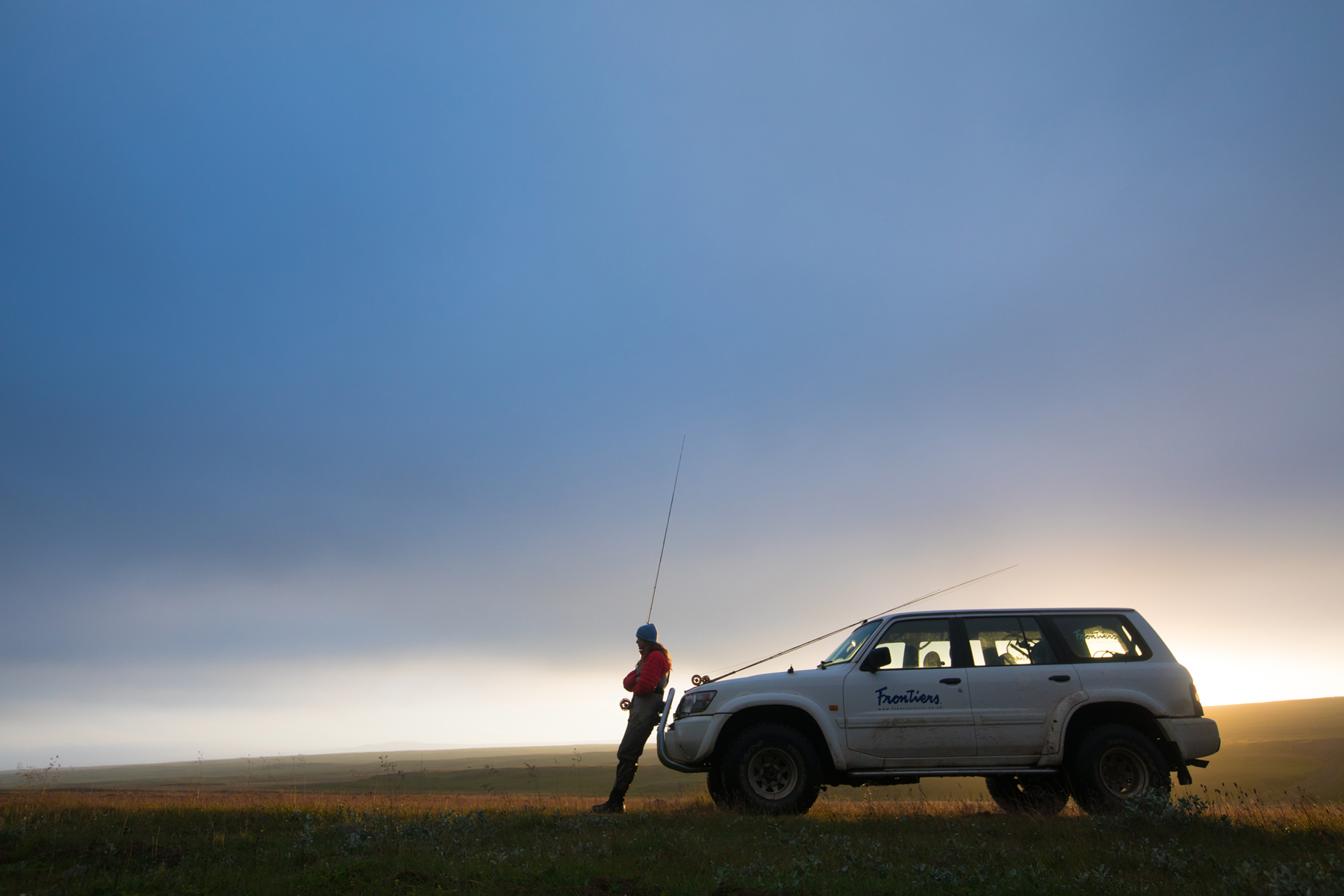
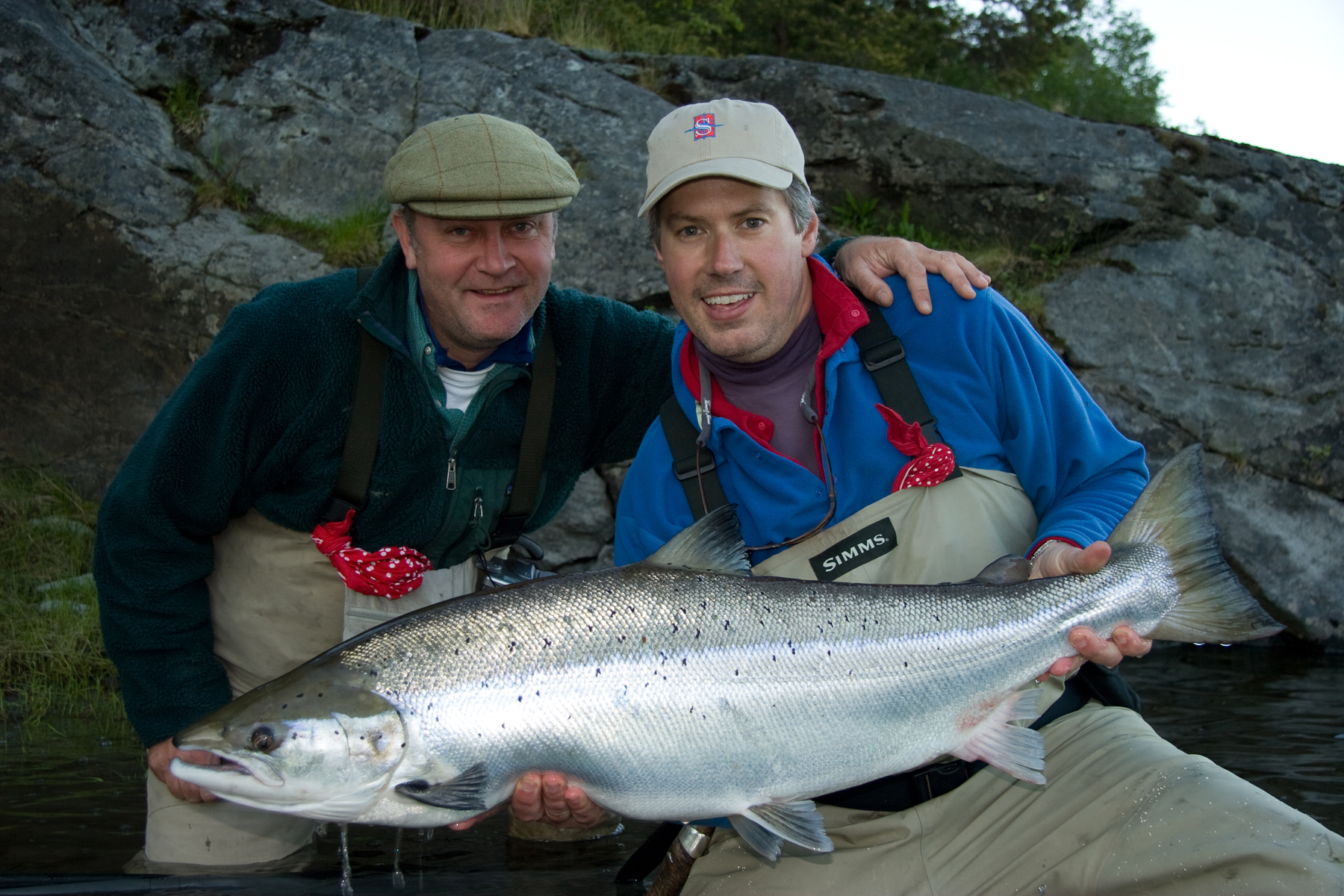
What is the most important thing you’ve learned along the way as a fly fisherman?
Observation, observation, observation and more observation. Let me explain in salmon terms. Two fishers catch a fish in the exact same place. They go back to the lodge and are asked the details of their fish. One says, I cast where the guide told me and got lucky and what fun! The other says, it was by the truffle rock about three metres down from the break, it came out of the wave and nailed the fly already turning back as it took. I was just beginning to figure-of-eight and speed the fly up as it took, the fly was travelling across the river squarer because it was windy, and my leader was blown upstream a little.
The first angler should be applauded for enjoying his fish quite rightly, but it is clear he has learned very little so almost nothing has gone into his ‘experience’ data base to draw on in the future. The second angler likely enjoyed his fish just as much, but he was looking around and taking in exactly what was going on. All that ‘data’ goes into his ‘experience’ database for another day and will undoubtedly be drawn upon. Multiply this over hundreds of salmon or trout or on the flats or numerous destinations and suddenly the database of one is huge compared to the other who continues to simply do what his guide says. Nothing wrong with that until there is no guide.

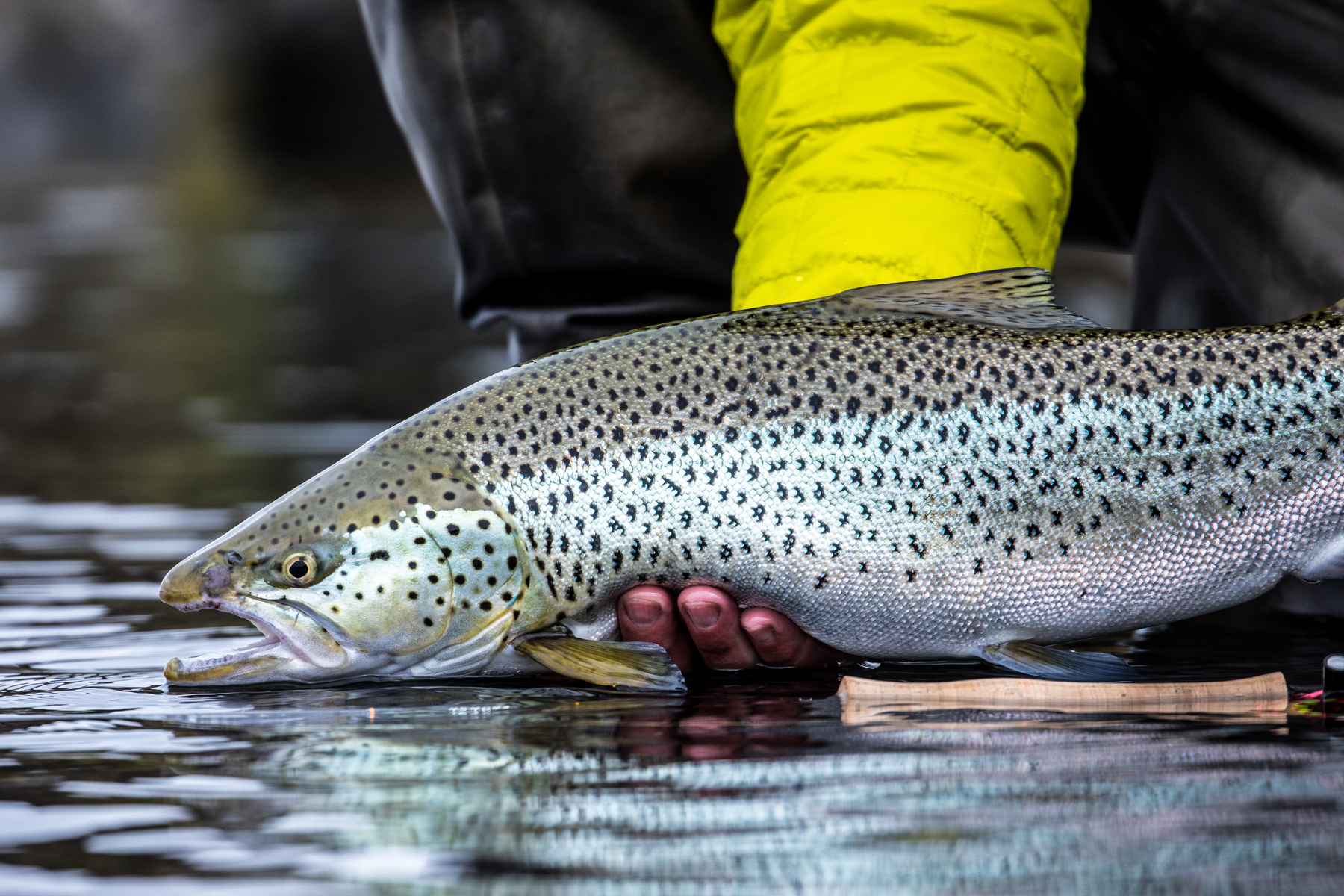
What is it that motivates you and drives you towards new fly-fishing adventures?
People think I have been there and done it all. Not true really. For a start, no experience on a river can ever be repeated because no river is ever the same as the moment you caught a specific fish. Rivers are changing all the time. My 30+ years on Sela or Alta have never been the same. I wish they had or do I really? Any new flyfishing experience is usually a good one but, in the business, things are a little different. If I go somewhere for work, I look at it through work eyes: Are my clients able to fish this place, is it comfortable, how is the food, how is the attitude to safety, it is what it says on the tin, and can this fishery really handle being fished like this for the weeks it is for years to come?
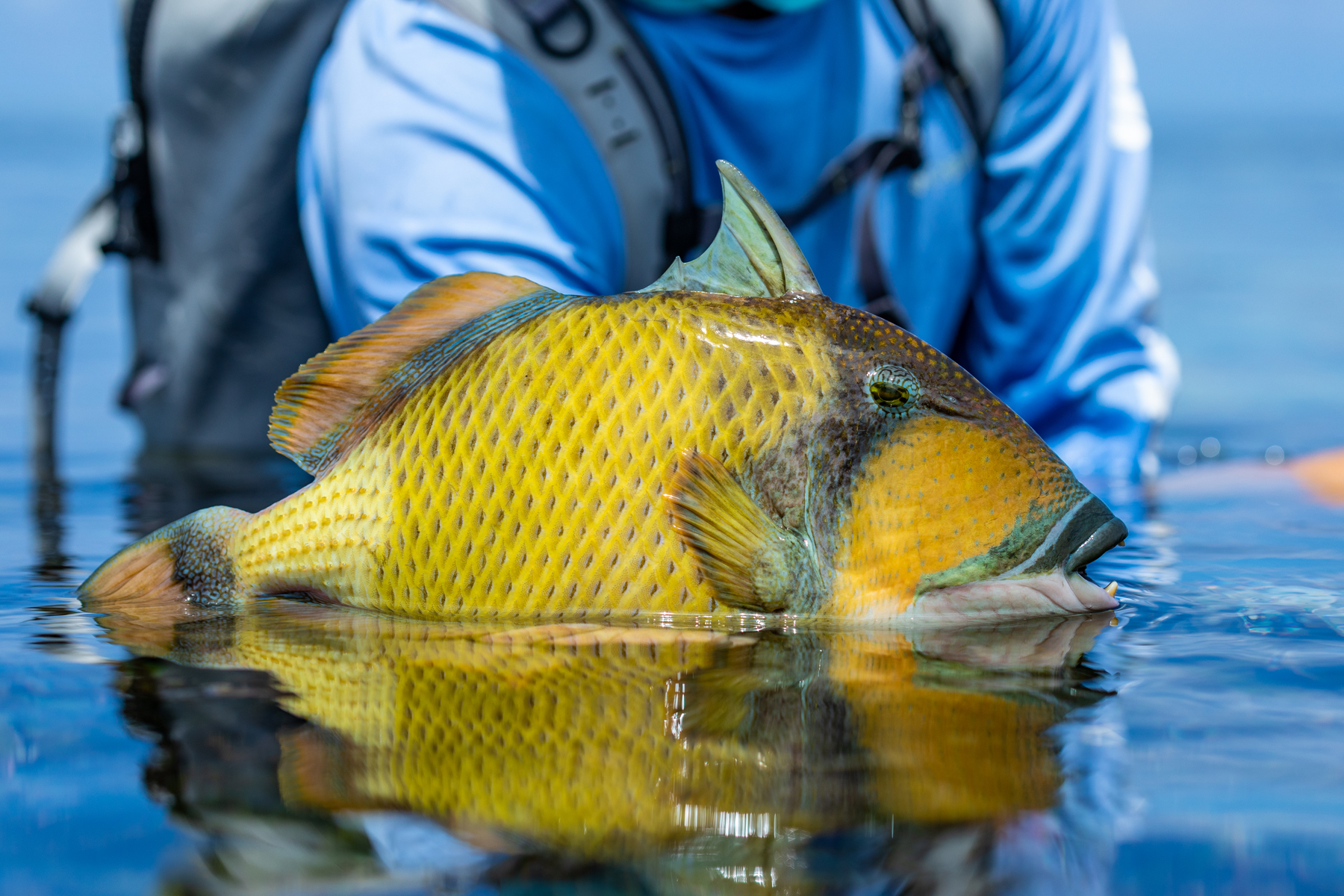

Sometimes, the answer is a clear no, and, in that case, I get on and enjoy it for what it is knowing I will likely never return.
If my thoughts are more positive, I set to work trying to fully understand as much about the lodge, the fishery and the fish as I can. The social media generation, though perhaps better fishers than the generation that have been my clients over the years, in my view, have got things wrong. More and more clients return from trips and comment that they feel they have been misled about the destination but not by Frontiers, by social media. They have seen the photos and videos which always look amazing, but they do not realise and understand the hours and hours that go into achieving those fish and that footage or the physical ability and effort. Some observe what they see and tell me they cannot fish like that and elect not to go. On occasion I correct them if I know them well and how they fish but this is something else that the social media generation get wrong. They forget
that footage of three backlit guys kicking up dust on a mountain trail as they walk out to a remote river taken from a drone sends entirely the wrong message to people who can afford the destination. It does look very evocative, but the reality is there are cars, and they do not have to do that walk. What looks great to some, looks like hell to others and it is often the others than can afford the trip!
Alternatively, the amazing fishing and fish are shown, not the hell of getting there! In the days of selling Ponoi, we shied away from the stunning 40-yard casts across the river and tried to show that the terrible casts or the fifteen-yard casts caught plenty of fish. Often, the cool stuff is to satisfy those making the films or images not the people they hope to attract. The word ego sometimes comes to mind!
Back to what motivates me – in work, to do my job and represent it accurately. In pleasure, time on the river with legends or on my own lost in my own thoughts and observations.


What is your favourite species of fish to target – and why?
I think about this a lot because I keep thinking it should be some cool, crazy species but the fact is Atlantic salmon probably are, which I know might be considered dull! In the off-season I sometimes lean elsewhere but when you are back on a river and witness some of the takes and behaviour, and indeed tight battles due to the fish and the wild rivers they frequent, they are still a truly fantastic fish to catch. The takes are so varied, they fight hard and there is no telling what they might do, they can be teased into reacting, the list goes on. Their only downfall is how scarce they are and that is not their fault, it is ours.


You have been in the fishing travel industry for over 30 years, what has been good and bad about it?
I am sure everyone will think the answer is obvious, it is all the places I have fished and there is something to be said for that. But keep in mind that if you are doing your job correctly, you are working when visiting a destination. You are learning about the destination, photographing, now filming, social media etc. So, if you are doing your job properly, you are up early photographing and should not be in the bar at the end of the day but photographing some more. When fishing, you are fishing to capture material, so you need to achieve a cross-section of species and show the variation of water etc. One is often at a lodge for less than a normal amount of time and there is a huge amount to get done. You are also trying to bend the ear of the lodge to learn as much as you can from them, making notes to create pre-trip information while keeping in mind that what you experience is not the whole season, it is just a snap-shot so you have to take a much broader approach and listen and learn to work out where the pitfalls are as well and the best times.
Just because there are no bugs when you are there, does not mean there are no bugs! You have to get to the bottom of everything. Furthermore, if you have clients with you, they need to be looked after too.

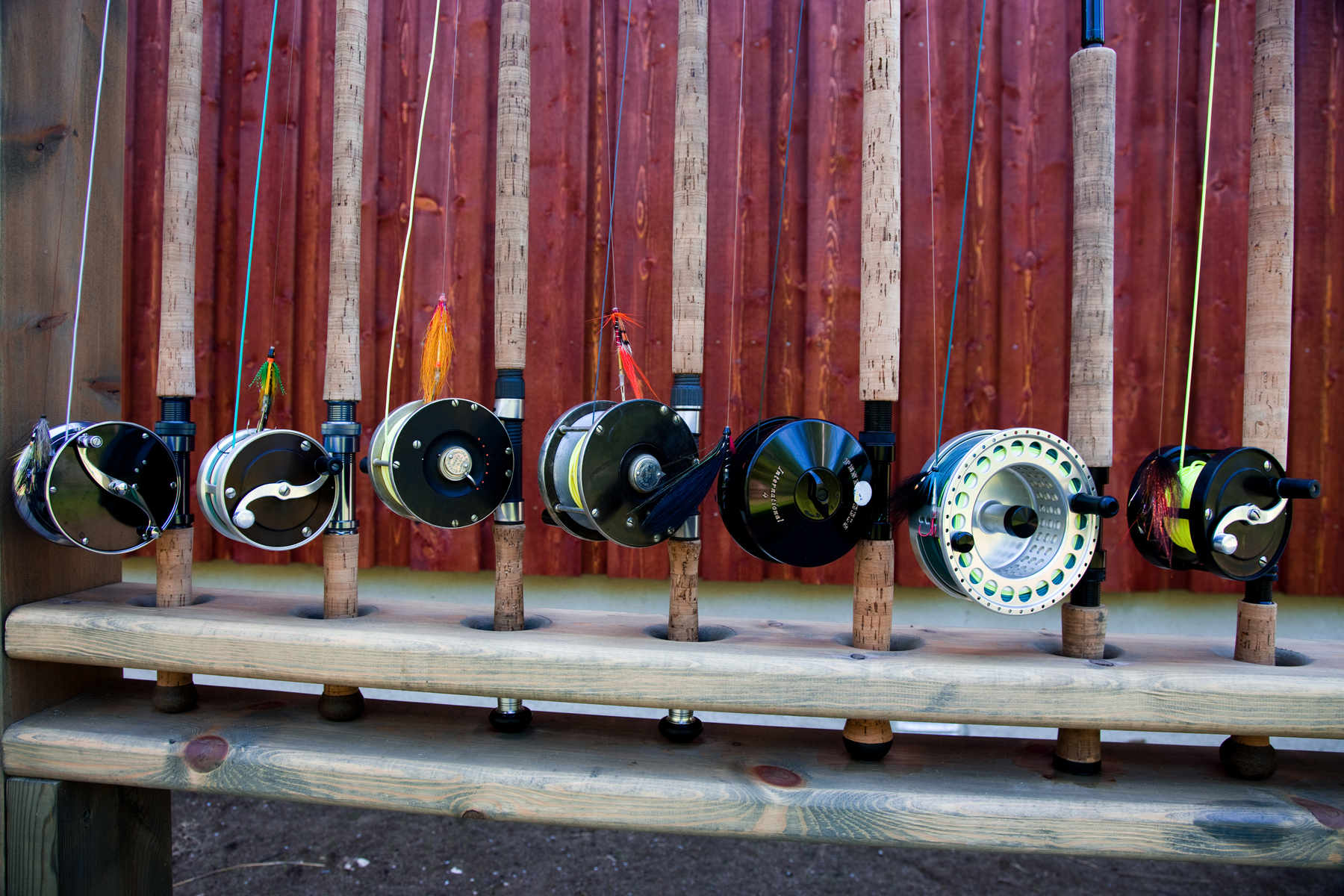
I always try to do my own fishing away from Frontiers destinations for this reason, otherwise I would always be working and always have one eye on how clients are doing and paying to fish would be a waste.
For me, the real pleasure is a relative novice starting their journey in flyfishing and witnessing them enjoy all the places they have to look forward to. Sometimes I am jealous knowing all the new experiences that lie ahead for them. I take real pleasure from seeing them grow into sometimes amazingly good fishers or beginning to take their kids having learned themselves etc. One must never forget that what may seem like just another routine trip through the Frontiers process is a MASSIVE deal for someone or that person and their family.
On the negative side, there is the odd difficult client but very few. Lodges have grown braver these days. They will often request not to have a client back long before the issues come to our attention. I guess a couple of frustrations are, try as one might, the marketplace has never really understood the fundamental way in which a travel agent like Frontiers operates. We do not mark up and never have, our prices are as quoted online for anyone to see. This makes our advice and care and attention to clients 100% free to the client. We earn our commissions (usually 15% NOT 50% like some people pontificate!) from the lodges themselves. They are our customer! There has always been this great suspicion that we are gouging people, but it simply is not and never has been true. Meanwhile, understandably, a lodge is going to make the case to sell you the space they have to sell and why wouldn’t they?
My other frustration is the travel regulations around bonding – ATOL/ ABTOT etc – some people think they are a mechanism to complain, others think they are a mechanism to get their money back if they do not like their trip. They are none of those things or anything else people conject – their sole use is to repay clients if, in my case Frontiers, goes bust and has used client money to try and operate the company instead of passing it on to where it needs to be going.


We need to go out of business for ATOL or ABTOT, to be any use to anyone. Following on from that, there are lots of small-time operators and group leaders who should offer financial protection but do not. This frustrates me because it is very expensive and very time-consuming reporting how many travellers, for how much money etc and then guessing the future numbers too. What is worse is nobody polices this arena, so people get away with it.
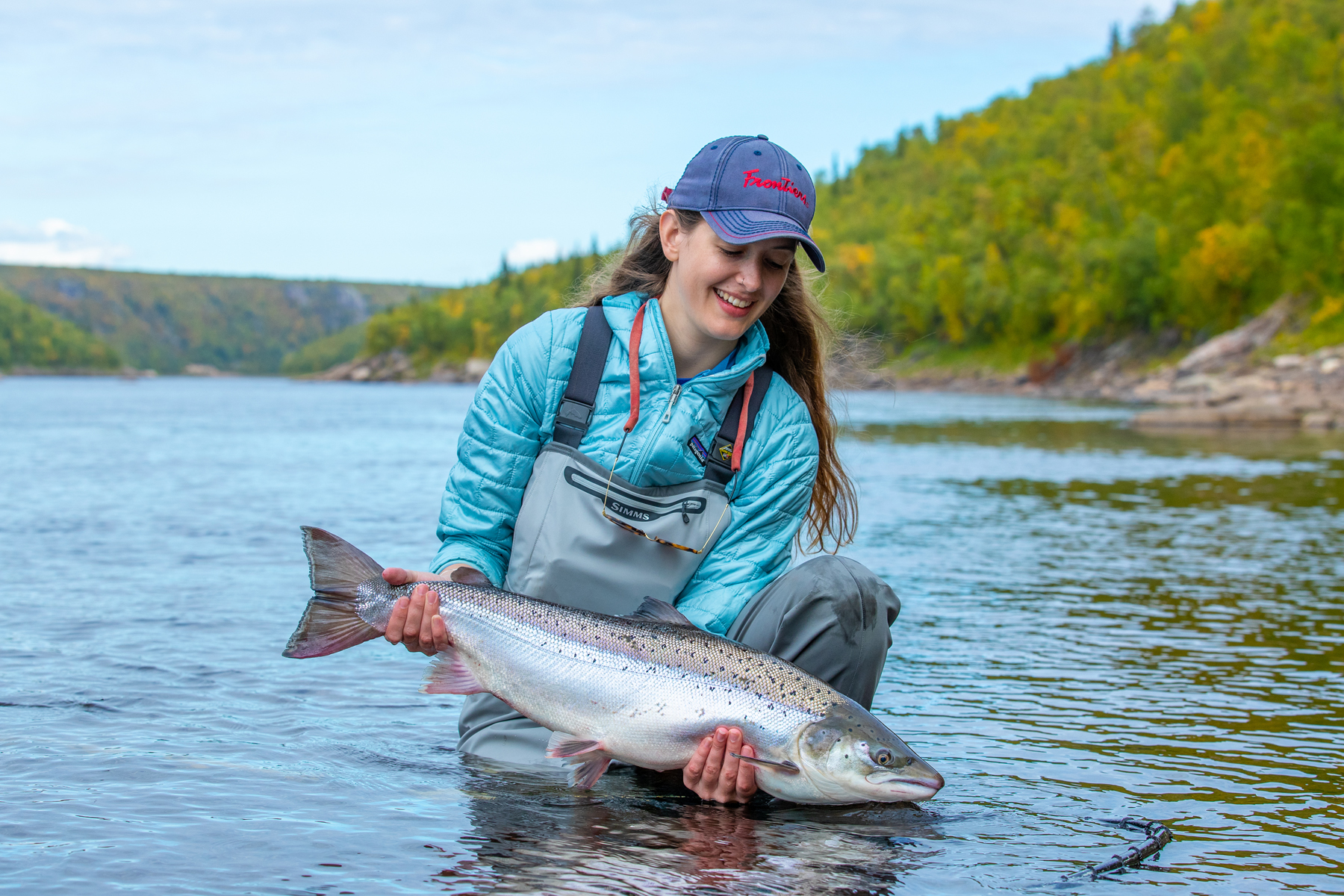
What are your ambitions for the future?
My main ambition is to stay fit and well enough that I can carry on enjoying some of the places I love so much. At nearly 60, I am no longer the spring chicken running around these great rivers. For decades I was always the youngest but that is no longer the case. On occasion people have reflected on such things by saying ‘X more summers’ and that really focuses the mind. For me, it is likely to be 10 to 20 more summers, so fitness and agility are key and working out how to fish smarter for the same results!!

Any cool trips or projects coming up?
No definitive trips planned right now but I have just finished some very cool trips. I went to witness the almost golden dorado-like feeding frenzy of brown trout hunting bait fish in Finland. Before my time at Alta, I visited an old friend who has elected to start a guiding business in northern Norway and will take people salmon fishing, trout, char etc in the wilderness of Finmark using his boats and 6-wheel ATV as well as sea trout in the fjords. Alta was wonderful as always.
I was in Iceland for some considerable time with some of my favourite clients and then had two great experiences. One on a little river in the north-east of Iceland, it is not a fast river but my goodness it has some fish, and they take willingly and fight like no other salmon I know. They just go absolutely crazy. Being remote and self-catering, it is one of the cheapest rivers in Iceland, but it sure has fish. I then visited what will now surely be one of the most sought-after rivers in Iceland.


A two-rod river with a beautiful lodge, I do not call it a fishing lodge because it is too nice for that. The river is wonderful with everything we love about Iceland, canyon pools where we can see the fish, beautiful tails, and lovely hitching runs for fresh fish. Imagine having a river all to yourself! You can also read about it on my blog. Finally, I went to a very special place in Labrador, Canada, where we fished dead-drift dries to sighted Atlantic salmon. Imagine a 17lbs fish rolling on a dead drift dry – ultra-cool! I had some epic battles chasing fish down rapids. Some of the top beats are truly spectacular and require canoe, walking and ATV rides to get there. It is as if one has been granted a special licence to enter the wilderness world of these wild, remote Atlantic salmon. One emerges from the forest and these mouth-watering tails are revealed with fish lying throughout them. To see a salmon rise to a dry, put its lips to the fly and turn away is mind-blowing! Sometimes they sip the dry like a trout, other times a head and tail roll and other times they come flying, full body, out of the water as they take the fly, and you have to strike!


How did you find your place in the fly fishing industry?
I studied commercial real estate including law, town planning, and architecture but I ended up working for a more country house-orientated estate agent, which had a sporting department to which I was drawn. I always wanted to fish the great rivers of the world. I soon moved to work with Robin Hurt and Charles Williams and their companies Safari South, Tanzania Game Tracker Safaris and Ker and Downey and ran an agency in London called Sporting International where they wanted me to sell their hunting and photographic safaris but game bird shooting and fishing as well. I found myself sitting in a Bond Street Office at the age of 22 in 1987! By 1991 I had met the Fitzgerald Family who owned Frontiers and because Robin and Charles’ lives were changing direction I decided to try and persuade Frontiers to open an office in the UK which they did on 1st April 1993.
At the beginning we shared the office with Charles and Robin before taking it on full time. In 1991 I fished the Alta for the first time at the invitation of my good friend Theodor Dalenson and in 1992, together we evolved and set up the Alta Syndicates, which remain very successful arrangements to this day. In the early days at Frontiers there was no email, no websites just type-written letters, paper brochures and slide shows. In those days we were having to explain to people what a bonefish was or that there were sea trout to be caught in this place called Tierra del Fuego.
I was lucky to be on one of the very first trips to Alphonse living on Tam Tam when there was no hotel or anything there. It was extraordinary. I was also lucky to run the Ponoi River Company for ten years. They happened to be the golden years when fishing was off the charts with 14,000 and 15,000 fish seasons but the staff excelled even the fishing. What a crew we had, and I will never forget that even through those amazing seasons the client comments rarely spoke of the fishing, just the crew and what fun they had. Of course there were golden moments salmon fishing, crazy stuff like a 17lbs fish caught on a 15 inch piece of kindling with a reel taped to one end and a bent piece of coat hanger to the other and one day over 70 fish landed on ear plugs from the helicopter in a few hours test fishing on the lower river and of course the epic parties with the dual drag lines in the sand where we had dragged guests to their beds, their feet dragging in the sand at the end of the night!
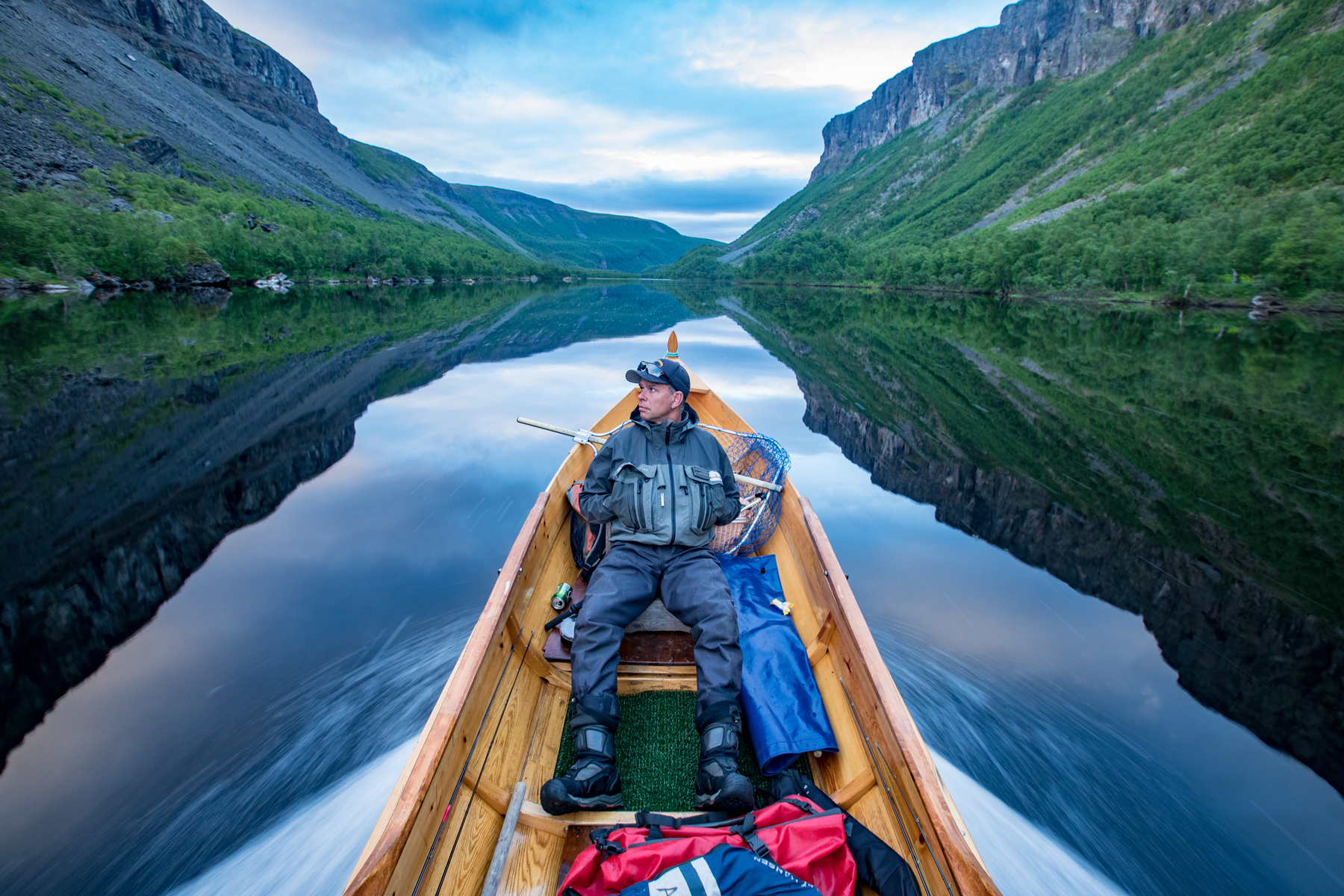

Any advice for readers who would like to carve out a niche for themselves in the fly fishing industry?
It depends on what they hope to do in the industry. In my line of work do what you say you are going to do by when you said you would do it and do it well. Be brave enough to tell people not to go and why, as much as you tell them to go and why – both go a long way. If guiding/running lodges which I also used to do, control the controllables and people will forgive the weather, run of fish, conditions etc. For both – fail to plan/plan to fail!

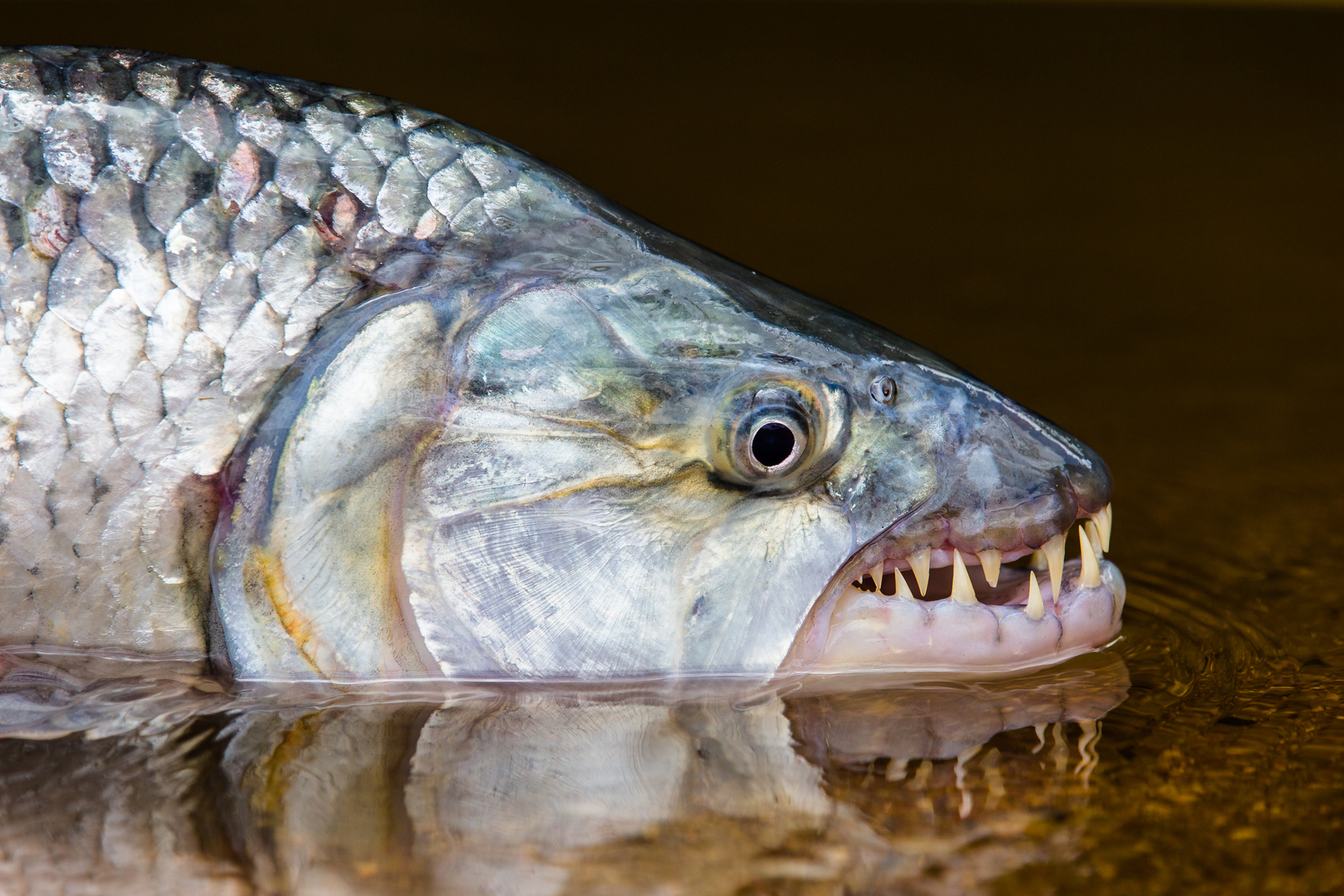
In terms of the environment, what has most concerned you as you have travelled the world?
I have worked in the flyfishing travel industry since 1989 – that is 35 years – nowhere has got better – most destinations have got worse, and the main reason is human pressure. So, I have contributed to those declines sadly but equally, in some cases, it could be argued that the presence of fly fishers has protected certain environments too.

Do you have any advice for fellow fly fishermen who would like to make a difference on behalf of the environment and our precious fisheries?
With prices rising ever higher for various reasons (they are in every walk of life and hobby) the pressure to achieve one’s money’s worth is completely understandable. However, when your day has surpassed your hopes and expectations, ask yourself if you need to catch yet another fish or whether enjoying what you have caught, where you are and the company of those around you is equally appealing and maybe don’t catch that last fish.
It is too easy to think that everyone else is doing the heavy lifting on salmon (or other species) conservation. Join and proactively support the likes of Wild Fish (www.wildfish.org) and the Atlantic Salmon Trust (www.atlanticsalmontrust. org) and others. They need your help more than ever before and every little bit of help DOES make a difference. Give the gift of your time if you do not wish to give the gift of financial support. They have needs for all sorts of skills and if you are social media orientated, help spread the word and encourage others.

So, over 30 years in the industry, you have fished in the business and privately all over the world and are perhaps one of the most experienced Atlantic salmon fishers alive today, where does that leave you, what are your thoughts and reflections?
Probably like any job or business, it has been a double-edged sword.
There is no doubt that I have been lucky enough to fish in some wonderful places with fantastic folk due to my work. But there has been a lot of jealousy too. I stumbled into what is now a very long-standing relationship with the Alta through luck for the most part and I have been very fortunate to keep it going. Someone accused me online of being able to go because I over-charge my clients and use their money to pay for my fishing. There is no relationship between my clients and my time in Norway. I stumbled into the Sela too. We were asked by Orri Vigfusson to ‘give it a try’ in 1992 when nobody had ever heard of the Sela. None of us knew what it would be become.
When I started, I was viewed as some upstart who played with the big boys but that was not the case. I just happened to be friends with certain people by complete coincidence. One of my great memories was a wonderful American gentleman who is sadly dead now who became a good friend.
At the time he and one other were the Kings of the Alta with the best boatmen etc. I had been living in the same lodge as him for four days when the phone rang, and it was someone asking for me.
I heard this big booming voice say ‘Tarquin Millington-Drake? Noone here by that name’ and put the phone down. That was how visible I was on Alta at age 26 in 1991!
I did challenge the system a little. I was the first guest to release a fish on Alta (1992) and was thought to have lost my marbles, but it was actually crazy. We caught 27 fish that year in 6 nights of fishing on one rod, all 26lbs or more. By night three we had killed something like 12 fish. It was crazy and most were the Alta standard 25/26lbs hen fish.
I just stopped there and then and have barely killed a fish since unless it was bleeding. In March of 1998 I ran a piece about catch and release in the March Field Magazine – it basically said it was part of the solution and we needed to embrace it.
It upset a few but the UK has embraced C & R admirably.
It is hard to believe that I have done all the years I have on these amazing rivers, and they are still going. Sela, with its Six Rivers Foundation goes from strength to strength and probably has the best conservation project for Atlantic salmon in the world. Of course it is misunderstood and therefore viewed as a rip-off by some. We had our second-best year on Alta in 2022 with 160 fish to the ten rods, only 1992 was better for us. There is hope amongst all the bad news, but we do have to adjust and adapt.
I worry that fly fishing has become too competitive in the social media circles. I have witnessed people catch a fish (properly caught and in the net) and then drop it before a photo was taken and they have a melt down and the cause of that is because they were unable to put it on social media. It astonishes me how many people are mean on social media in general and fishing is no exception.
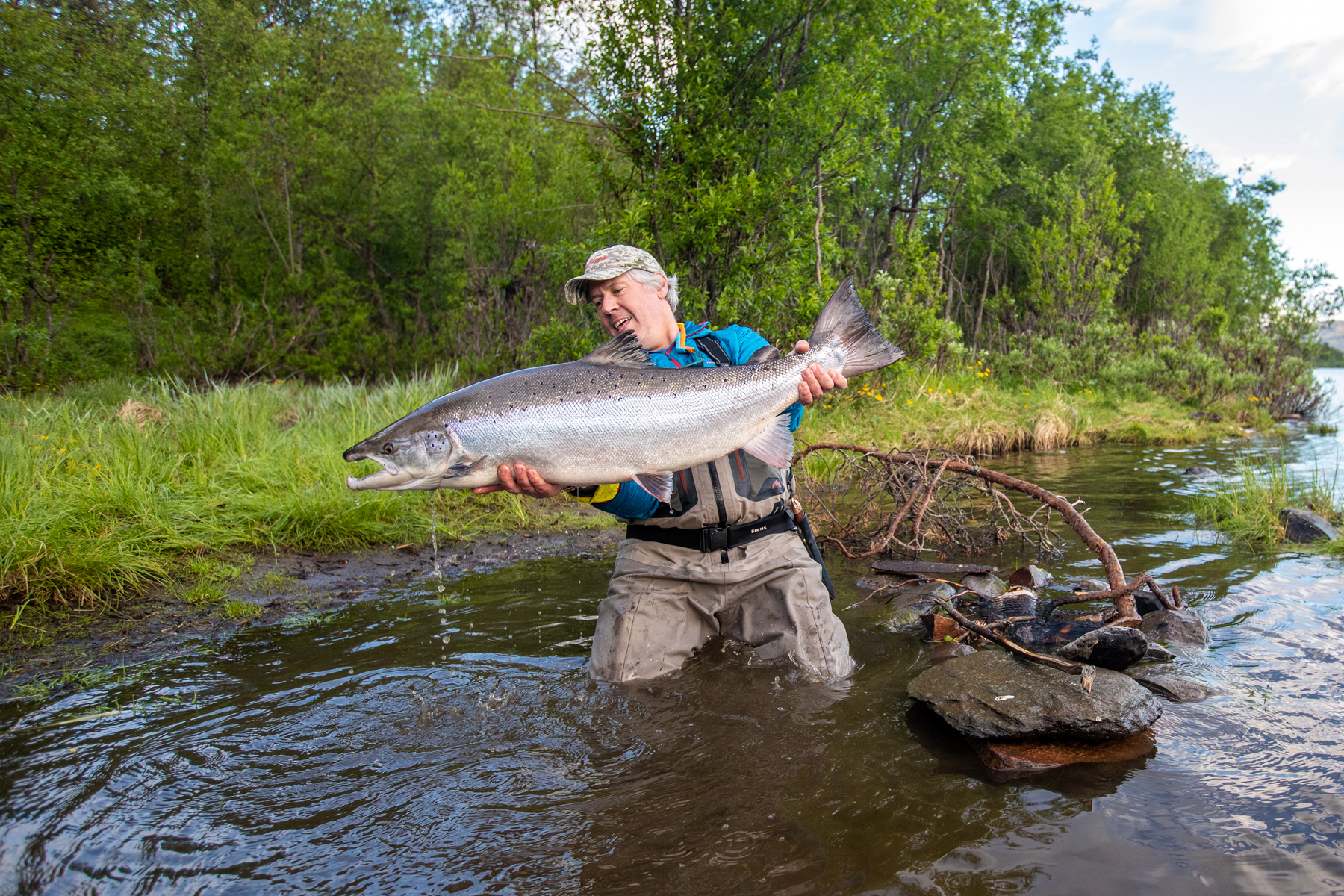
I wonder if we take it all too seriously these days and maybe the ever-increasing prices for less and less fish is creating that. I always tell my suppliers that price = expectation = pressure on them.
I have no problem with lodges charging what they need to charge but when they get greedy, they are creating a rod for their own back. No matter how you spin it, if you charge a lot, people expect a lot in every regard.
There are a lot of up-and-coming women in fly fishing, certainly in the UK. They have got themselves qualified (something I never did!) and to my unsophisticated eye, they do a good job of representing themselves but, on occasion, you read about them nearly giving up social media because of abuse. I just find this hard to believe and flyfishing needs to find a way that these young talents, who can help the industry by encouraging others into the flyfishing world, can feel whole and respected without having to look for it on social media.
I think overall, social media does more damage than good. It can cause mental health damage too easily and it can mislead and mis-represent way too frequently.

I know it is hard when everything is getting so expensive, but I think the fly fishing world needs to lighten up a little, enjoy itself more, have less ego and, certainly in the UK, it is also going to have to learn to live without or with less Atlantic salmon but there is still a ton of great fishing out there to enjoy!
You do not become a great fisherman by where you fish or what you catch, we all know that what we catch is down to a great deal of luck however you spin it.
For me, the greatest fisherman of all (and so often the most successful), are those that go into their fishing with a smile on their face, a sense of humour, and are completely relaxed and in no hurry.
These are the ones I admire most and try and surround myself with.










